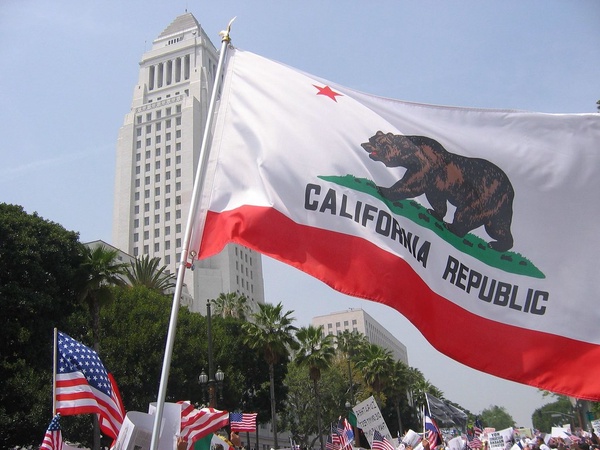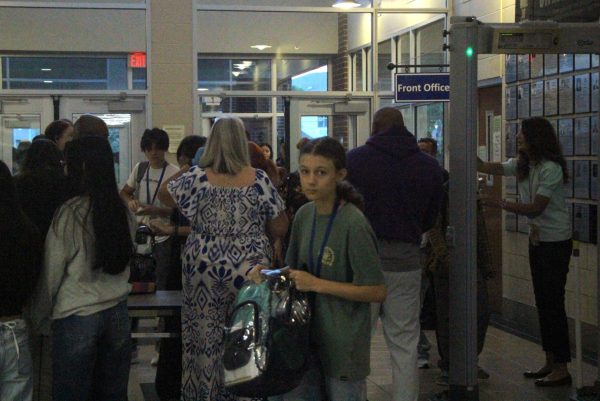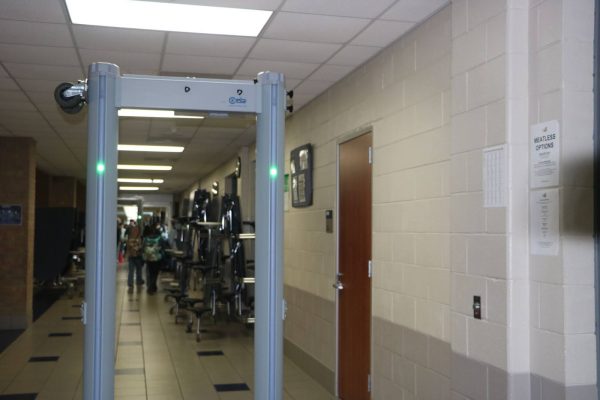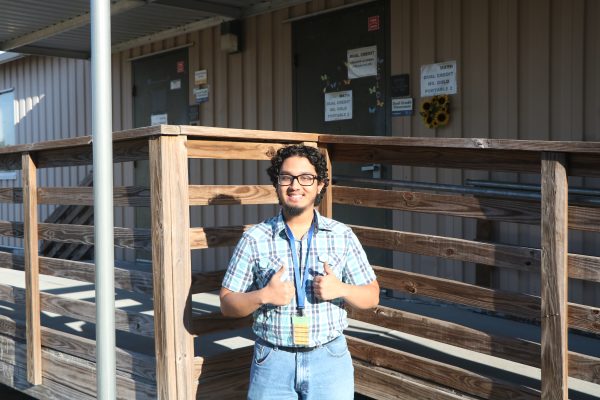The Aura From California

Photo Courtesy of: Creative Commons
California, the nation’s most populous state, never fails to find itself without fumes — both literally and figuratively. Californians continue to see constant change and chaos within their borders, for better or worse. However, in recent weeks, certain instances of chaos have become nationwide topics of discussion and debate.
On Monday, California Governor Gavin Newsom approved legislation which makes it a crime for first responders to take unauthorized photos of deceased people at crime scenes or scenes of accidents. The legislation was prompted after the helicopter crash that killed Kobe Bryant and eight other people earlier this year. Shortly after the crash, reports surfaced that gruesome photos of the crash scene were being shared online.
Those photos, said to contain images of mangled bodies, were allegedly taken by some of the first responders to arrive at the accident scene and shown off. The bill was approved unanimously by both houses of the California legislature, with a penalty of $1,000 per offense.
“Like many others, I was mortified after I’d heard that First responders captured and shared unauthorized photos from the scene of the helicopter crash,” Assemblyman Mike Gipson, who drafted the law, said in a statement when the bill went to Newsom’s desk.
Governor Newsom also signed a bill that would establish a task force to study and make recommendations on reparations for slavery. Bill AB 3121 — the first of its kind in any state, was signed on Wednesday. The bill creates a nine-member task force that will inform Californians about slavery and explore ways the state might provide reparations.
“As a nation, we can only truly thrive when every one of us has the opportunity to thrive. Our painful history of slavery has evolved into structural racism and bias built into and permeating throughout our democratic and economic institutions,” said Newsom in the news release. Newsom also acknowledged that Black Californians and people of color in the state still face “discrimination and disadvantages.”
Types of reparations include restitution, financial compensation, rehabilitation, satisfaction (apologies, cessation of abuses, etc.) and guarantees of non-repetition. Money talks, thus financial compensation will always attract the most attention.
However, many experts and voters think temporary cash relief disguises as a real solution, and politicians do not want to solve the structural problems of black society. Those same people also think it’s unjust to give money only to only Black Americans, and not the other races who also have lineage involving slavery — though not as widespread. Regardless, both sides of this issue can agree that some form of investment should find its way into these communities, and create a trickle-up economy that works for both the government and its people.
In short, California will not look the same as it did before. Learning from both the tragedy of Bryant’s death and slavery acts as a lesson to the 49 other states — as long as they can pull it off. If the reparations never happen, or they become insanely hard to receive, and officers don’t follow the laws mandated by Governor Newsom, then no one will treat California as the “progressive state” anymore. Regardless, talking about these issues is progress, and one that other states and nations should follow suit on.






